- Kristi Powers

On average, men die six years earlier than women, largely for preventable reasons, and Bruce Haughey, MD, an otolaryngologist with the AdventHealth Cancer Institute, sees the male mindset of putting it off often.
Dr. Haughey says he frequently hears excuses like, “This isn’t really very big. I can still function with this, I’m at work, I’m eating, everything’s going OK. Why would I have to subject myself to a surgical procedure?”

Dr. Haughey says one of his patients, WFTV news anchor Greg Warmoth, is an example of what men should do as part of raising awareness for men’s health issues. According to the Movember Foundation, men are 24% less likely than women to have visited a doctor within the past year.
Whether it’s fear or just finding the time, Warmoth recently shared in his Men's Health Awareness Month story that men typically don’t do a good job of getting screened.
“Doing nothing is one of the major enemies of effective medical care because when someone has a malignant diagnosis like Warmoth had, the best thing the medical profession can offer is early treatment,” said Dr. Haughey.
In a follow up story, Dr. Haughey went on to say that if Warmoth hadn’t caught his lip cancer early, it could have killed him.
“Yes, in the ultimate, it could have, because when they get very large in this location, they then spread to the region, such as the lymph nodes in the neck, and then it spread potentially to the rest of the body,” Haughey said.
Dr. Haughey and Warmoth hope Warmoth's story is a lesson for all men: Get screened early because doing nothing is not an option.
Recent News

AdventHealth Waterman strengthens access to expert specialty care with expansion of Mount Dora medical plaza
Second floor buildout adds orthopedics, sports medicine, women’s health and heart care for Lake County
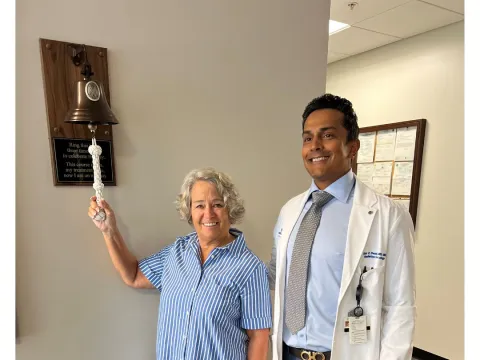
Expanding hope through innovation: AdventHealth advances cancer care across East Florida
Cancer touches nearly every family, and in Flagler, Lake and Volusia counties, the demand for timely, advanced care keeps rising. AdventHealth’s East Florida Division, which includes seven hospitals...

For two Hope Clinic patients, music spurs recovery
STROKESTRA heals stroke survivors in so many meaningful ways.
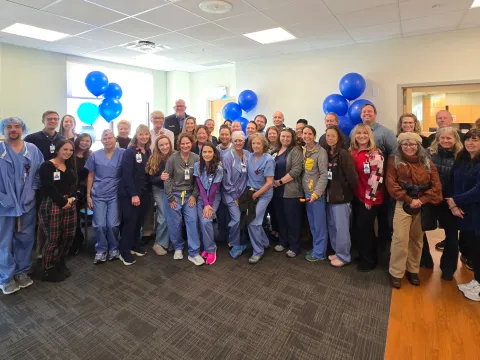
A new chapter begins: AdventHealth Avista opens its on-campus surgery center
This milestone marks a meaningful new chapter for a team whose history stretches back more than two decades.
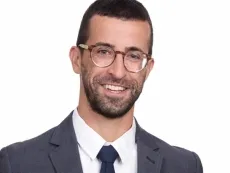
AdventHealth Porter Performs Rare, Complex Robotic Kidney Cancer Surgery
AdventHealth Porter has reached an extraordinary milestone in surgical innovation, completing what is believed to be the first robotic left radical nephrectomy with inferior vena cava (IVC)...

Helping the Helpers: Spotlight on AdventHealth Avista’s Director of Supply Chain, Mike Vos
For Mike Vos, Director of Supply Chain at AdventHealth Avista, caring for others isn’t just part of the job - it’s woven into his family story. With a mother who is a career nurse and now Director of...
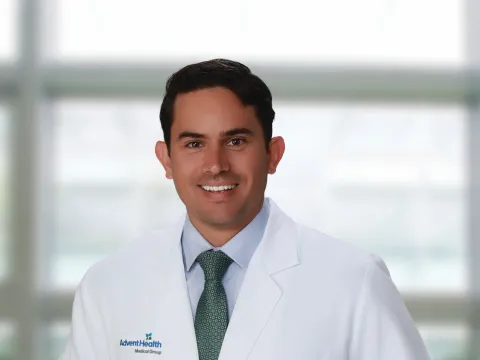
New surgeon expands local access to advanced colorectal care in Volusia County
Dr. Mark Heimberger joins AdventHealth as part of its continued investment in bringing minimally invasive and robotic colorectal treatment options to the region’s growing community.

Dr. Phillips Center launches free Frontyard Holiday Festival supported by AdventHealth
The Dr. Phillips Center is launching its first-ever Frontyard Holiday Festival supported by AdventHealth.
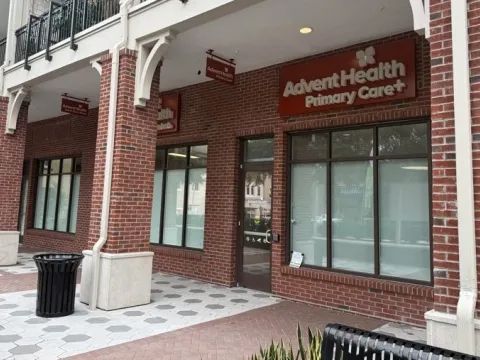
AdventHealth expands access to primary care in the heart of DeLand
AdventHealth has opened a new Primary Care+ location in the heart of downtown DeLand, giving residents a simple way to get everyday care close to where life happens. The primary care practice offers...
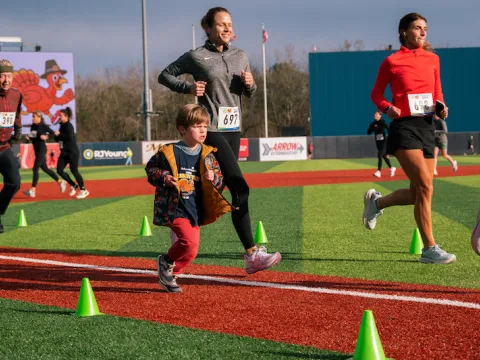
AdventHealth Rome Turkey Trot brings community together
Over 700 people gathered on Thanksgiving morning for the AdventHealth Rome Turkey Trot, raising $15,000 for Northwest Georgia Hunger Ministries.

Fueling healthy futures for Flagler’s student athletes
Early practices, full class schedules, and evening games can push student athletes to their limits, and proper nutrition is essential to keeping them strong and focused. AdventHealth has introduced...
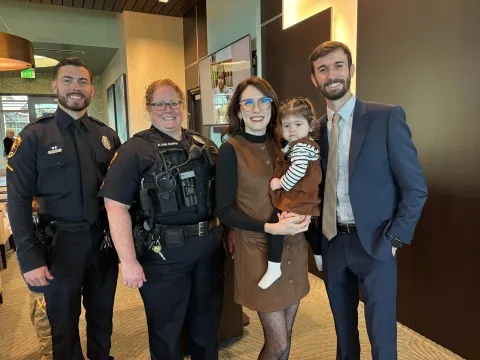
When seconds count: How a community of heroes saved one little girl
It was a day like any other — until the phone rang. For Ellison’s mom, that call froze time: “You need to get here right away.”
